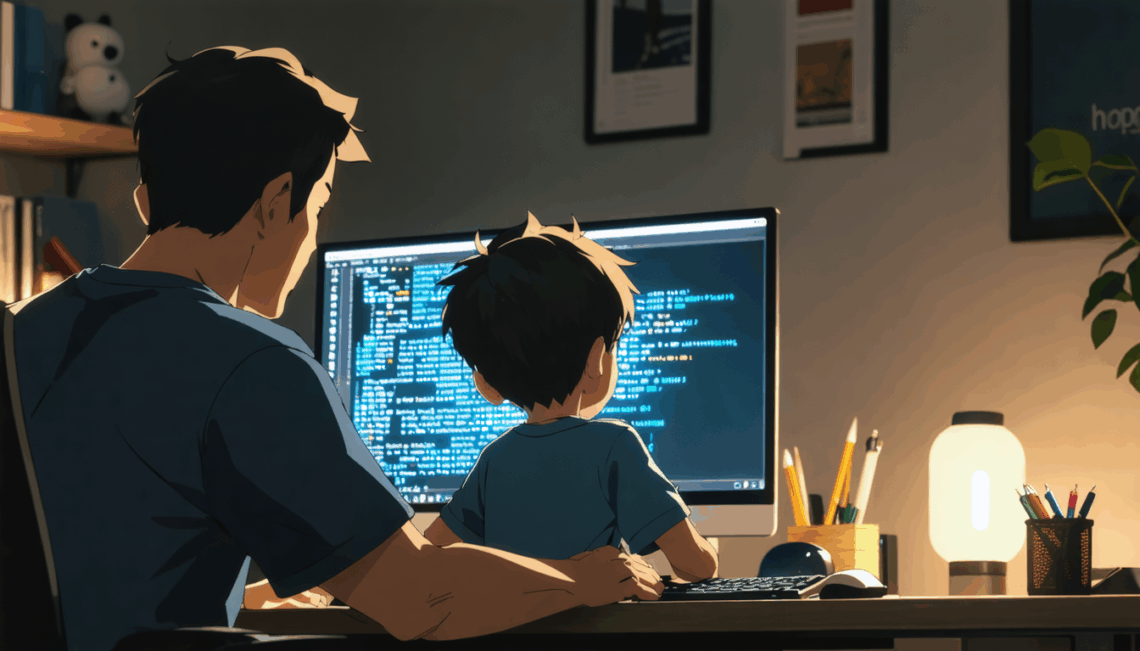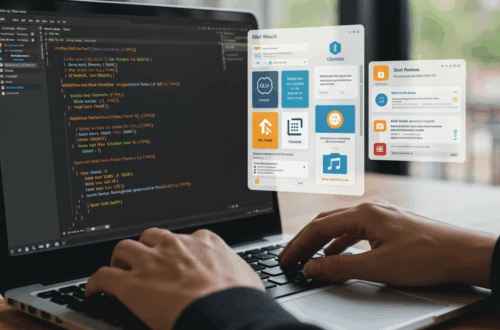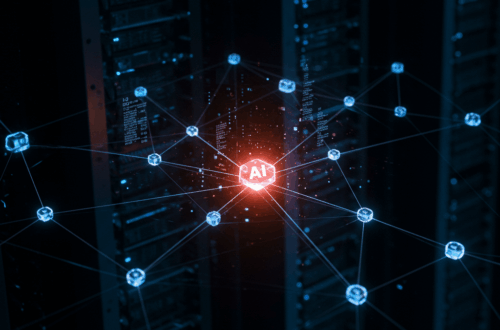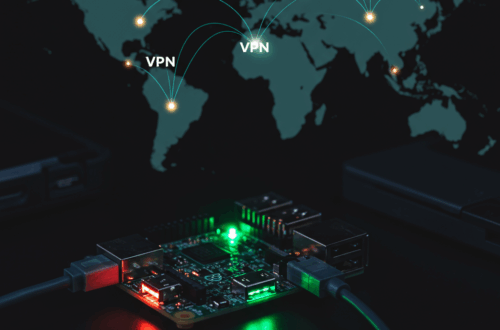Imagine a world where machines understand not just our words, but our emotions, our DNA, and even our unspoken thoughts. A Brazilian developer, Diego Fernando Cruz, is working to make this a reality with his creation, UniversalBit.
Inspired by his autistic son, Victor, who faces communication challenges, Cruz developed this unique binary protocol as a way to bridge the gap between humans and machines. What began as a personal project to help his son express himself evolved into something much bigger.
What is UniversalBit?
UniversalBit is a system for converting various forms of human expression into a simplified binary code. Think of it as a universal translator for human experience. Whether it’s voice, video, DNA, or any other pattern, UniversalBit can capture its essence as a compact binary signature.
This isn’t just about recording information. The real power of UniversalBit lies in its ability to compare these signatures. Even a single bit change can reveal significant differences – a mutation in DNA, a shift in emotion, or even the presence of a new disease.
Potential Applications
The possible uses of UniversalBit span a wide range of fields:
- Medicine: Creating binary fingerprints of diseases for faster diagnosis and mutation detection.
- Emotion AI: Recognizing subtle emotional cues like laughter, sadness, or even deception.
- Genetics: Identifying tiny changes in DNA with remarkable precision.
- Accessibility: Giving a voice to those who cannot speak through binary expressions.
- Education: Monitoring student attention and comprehension through speech and visual cues.
- Robotics: Developing more intuitive voice-controlled systems.
- Cybersecurity: Enhancing biometric identification using voice, DNA, or behavioral patterns.
- AI Training: Creating efficient datasets for training AI models.
And this is just the beginning. The potential applications are truly vast.
How it Works
Currently, UniversalBit consists of three main components:
- VoiceBit: Analyzes audio in real-time to generate emotion-based binary signatures.
- VideoBit: Compresses video frames and tracks movement and color to create binary fingerprints.
- BioBit: Reads DNA files and converts them into binary signatures for comparison and analysis using a local LLM.
Remarkably, all of this runs offline on a standard computer, requiring only Python. No cloud, no servers, just pure code and a father’s dedication.
A Language of the Future
Cruz envisions UniversalBit as more than just a protocol. He sees it as a new language, a bridge between humans and machines, a foundation for future innovations. From binary emotion interfaces to personal AI identities, the possibilities are limitless.
Driven by Love and Openness
Developed with no funding and driven by a deep love for his son, Cruz has made UniversalBit entirely open-source. The project’s GitHub repository (https://github.com/Diegocmx/voicebit) contains all the code and documentation, available for anyone to explore and contribute to. This is a testament to the power of human ingenuity and the potential for technology to change lives.






